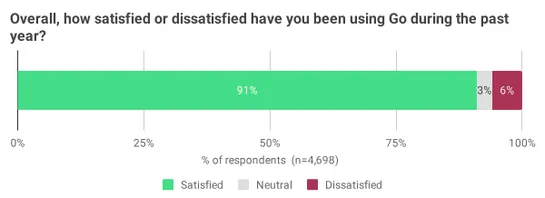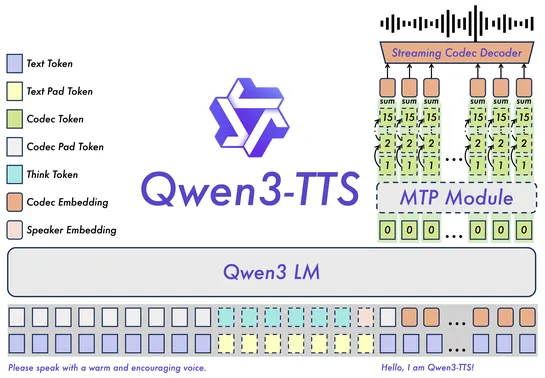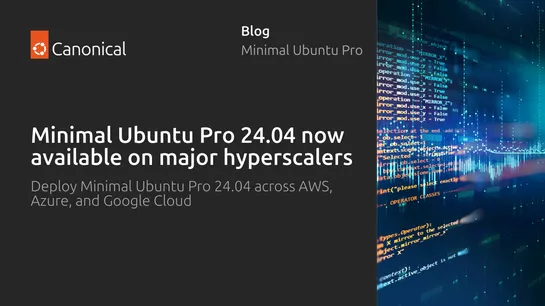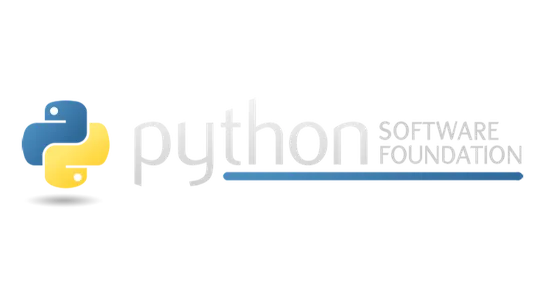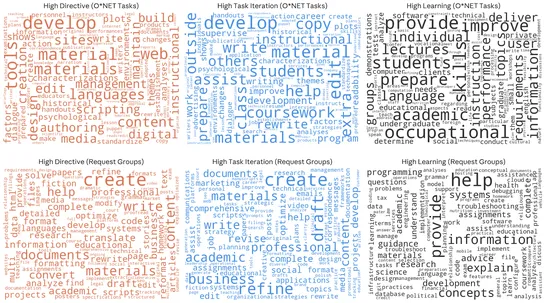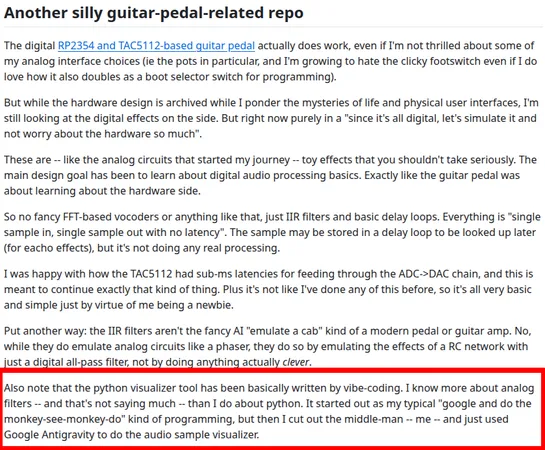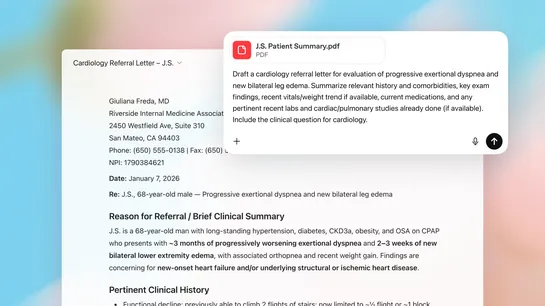Go Developer Survey Is Out: What 5,379 Go Developers Actually Want Next
The 2025 Go Developer Survey reveals developers' desire for better best practices, enhanced standard library usage, and modernized tooling. AI-powered development tools are common, yet satisfaction is moderate due to quality concerns. Most respondents are experienced developers in the tech industry, highlighting challenges like ensuring code quality and finding reliable modules.



